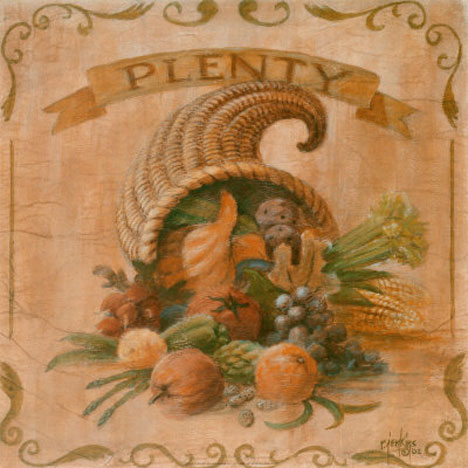Exodus 20 – 1
Well, besides disputing about how the Ten Words are to be divided up, Exodus 20 has its own literary structure, which is quite independent of the divisions.
Well, besides disputing about how the Ten Words are to be divided up, Exodus 20 has its own literary structure, which is quite independent of the divisions.

“Most assuredly, I say to you,
unless a grain of wheat
falls into the ground
and dies,
it remains alone;
but if it dies,
it produces much grain.”
John 12:24
Israel was given a “firstfruits” taste of the Promised Land in Numbers 13. As with all Covenants, it was bittersweet. There were grapes, but there were giants. It was the same challenge as the one given to Adam. They were called to be judges who made their decisions based not on sight, but on faith in God’s Words.
Continue reading
A Christmas sequel to Joseph Gets Passed Over.
The subject matter of this article was corrected, revised, and expanded in December 2018 and published here: Matthew 2: Jerusalem as Egypt.
A short review of Bible Matrix by Jared Leonard on goodreads.com… Continue reading
If the Bible Matrix premise is correct, there’s an entire channel of communication in the Scriptures which scholars have overlooked. How cool is that? Well, this particular one is pretty hot, actually… Continue reading
A seminary student, who has put me through the ringer with some good questions, has reviewed Bible Matrix:
In many circles of theological education today, the prevailing notion is that unless you have four PhDs, mastery of 17 languages, and an obsession with every sort of criticism under the sun, there is no way to even begin to understand the Bible. In Bible Matrix, author Michael Bull lays this erroneous belief to rest once and for all.
We saw Voyage of the Dawntreader last night. Biblical themes and symbols abound. Of course, the story follows the Bible Matrix formula, but the message of a courageous Maturity via Testing at God’s hand, in such a visual form, was striking, especially for young people. All the characters are transfigured by the end, particularly Eustace, whose cowardice and courage were really the heart of the proceedings. Narnia is foolishness to him, but a time in the wilderness gives him a different Spirit. He moves from the unbroken natural, through brokenness, to a humble, spiritual wisdom that judges rightly between good and evil.
The final scene encapsulated everything I have been trying to communicate concerning baptism. It pictures the reception of saints into government as enrobed heavenly elders, God’s council of wise men who sit at court with Him as Great Prophets, co-Mediators.
Although only one character “passes across” into Aslan’s country, all the saints “pass through” in their return home as human argosies of wisdom and understanding. Wise distinctions and tough decisions must be made before the crystal walls and gates.
Peter Leithart writes:
“Why so much attention to the pillars of Solomon’s temple in 2 Kings 25? It is likely that these were the last major items left. Ahaz had already dismantled the bronze sea and the water chariots. King after king plundered the temple for bribe money. When Nebuchadnezzar came, not much was left. Perhaps even the ark was among the ‘gold’ items removed earlier.” [1]